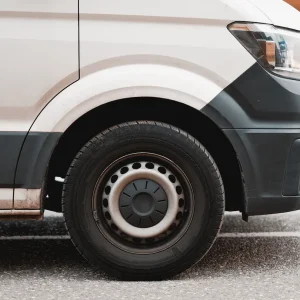New rules designed to make it easier for heavier electric vans to be operated are being investigated by the UK Government.
Allowing for the extra weight of EV batteries, a derogation was introduced in 2019 to increase the weight of LCVs able to be driven on a standard driving licence from 3.5t to 4.25t, where electric vans are concerned.
However, operators have complained that running these heavier vehicles is still complicated by other legislation, such as that relating to driver’s hours rules and tachographs, despite amendments to operator licensing rules also having been made.
Speaking at the Association of Fleet Professionals (AFP) annual conference, Office for Zero Emission Vehicles head of vehicle policy Abdul Chowdhury said that further changes were being considered. However, he warned that the delivery process was complicated.
He said: “We are thinking about the other areas where weight regulations are a consideration, so things like MOTs and driver’s hours rules and tachographs, and even speed limiters. The challenge with all of this is that each of these rules are ingrained in different parts of legislation, so we need to do an assessment for each one, and then the number one priority from a government perspective is to make sure that any changes we make do not have a negative impact on safety.
“The vehicles look and go and smell like 3.5t vehicles, however the mass is larger, so if they are involved in an incident, basic physics says that there will be a larger impact and the incident would be worse than a 3.5t vehicle doing the same.
“Having said that in the driving licence space, there wasn’t enough evidence to suggest that this was material enough to cause a significant risk to public safety, and we were able to change that rule. But we’re now having to go through the same process with all these other rules as well.”
Chowdhury advised that further news on this topic could be coming in the weeks and months ahead.





